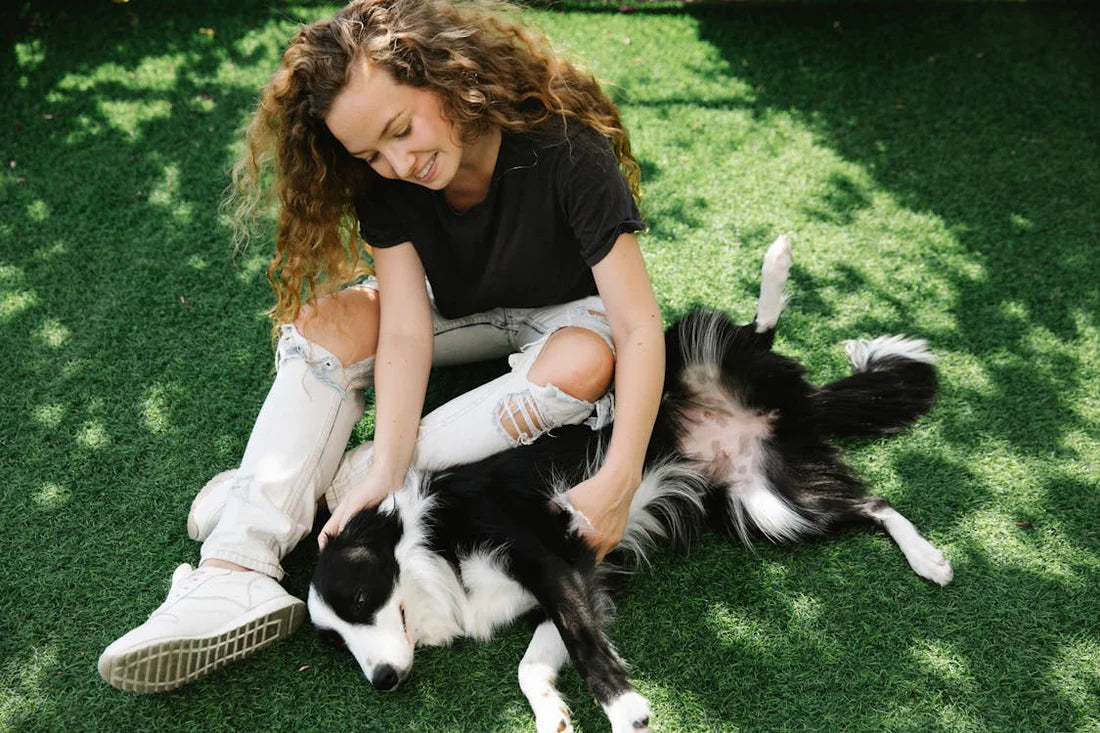How our loyal canine companions can help alleviate loneliness and bring joy to our lives.
The Therapeutic Bond Between Dogs and Humans
Dogs have earned the title "man's best friend" for good reason. The bond between humans and dogs is deeply therapeutic, offering emotional support, companionship, and unconditional love. This relationship is particularly beneficial for individuals experiencing loneliness, providing a reliable source of comfort and companionship.
How Dogs Combat Loneliness
-
Constant Companionship: Dogs are always there for us, offering companionship that can significantly reduce feelings of isolation. Their presence alone can be immensely comforting, providing a sense of security and someone to talk to, even if they can't verbally respond.
-
Routine and Structure: Owning a dog requires a certain level of routine and structure. Daily walks, feeding times, and play sessions can help individuals establish a regular schedule, which can be particularly beneficial for those struggling with loneliness. This structure provides a sense of purpose and responsibility.
-
Physical Touch: Physical touch is a powerful tool for emotional healing. Petting a dog can increase levels of oxytocin, the "feel-good" hormone, while reducing cortisol, the stress hormone. This simple act of stroking a dog's fur can significantly boost one's mood and overall emotional state.
-
Social Interaction: Walking a dog often leads to social interactions with other dog owners. These encounters can lead to meaningful conversations and the development of new friendships. Dogs act as social catalysts, helping to break the ice and encourage interactions that might not happen otherwise.
-
Exercise and Outdoor Activities: Regular exercise is essential for both dogs and their owners. Taking your dog for a walk not only benefits the dog's health but also promotes physical activity for the owner. Being outdoors and engaging in physical activities can improve mental health and reduce feelings of loneliness.
Real-Life Impact: Stories and Studies
Numerous studies highlight the positive impact of dog ownership on mental health. For instance, research has shown that dog owners are generally happier and less prone to depression compared to non-dog owners. Dogs provide emotional stability and a sense of belonging, which are crucial for mental well-being.
Practical Tips for Using Dog Companionship to Combat Loneliness
-
Adopt or Foster a Dog: Consider adopting or fostering a dog if you feel lonely. Shelters are full of dogs in need of a loving home, and the mutual benefit of companionship can be life-changing.
-
Join Dog Clubs or Groups: Participating in dog-related activities, such as obedience classes, agility training, or breed-specific clubs, can connect you with like-minded individuals and create opportunities for socialization.
-
Volunteer at Animal Shelters: If adopting a dog isn't an option, consider volunteering at an animal shelter. This allows you to spend time with dogs and contribute to their well-being while combating your own feelings of loneliness.
-
Engage in Dog-Friendly Activities: Explore dog-friendly parks, beaches, and hiking trails. These outings can provide both you and your dog with fresh air, exercise, and the chance to meet new people.
Conclusion
On this #CheerUpTheLonelyDay, let's celebrate the incredible impact that dogs have on our lives. Their unwavering loyalty, love, and companionship can make a world of difference, especially for those struggling with loneliness. Whether you're a dog owner or considering becoming one, remember that the simple presence of a furry friend can brighten your days and lift your spirits.
So, take a moment today to appreciate the joy that dogs bring into our lives and consider how you can share that joy with others who might need it most. Let's cheer up the lonely, one wagging tail at a time!

